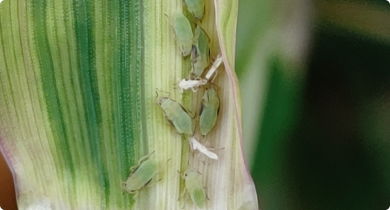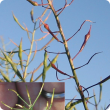Crops
The Department of Primary Industries and Regional Development continues to support the growth and international competitiveness of all crop industries in Western Australia.
With a 2400 kilometre span from its tropical north to its temperate south, WA supports a broad range of cropping industries from rain-fed winter cereals through to irrigated horticultural crops.
In the 2012/13 year the WA cropping industries exported a total of $3.9 billion which comprised: $3.1 billion of cereals, $859 million of pulses, pastures and oilseeds, $142 million of horticultural crops. The major contributors to these exports were wheat ($2.7 billion), canola ($756 million), barley ($377 million), lupins ($42 million), carrots at $48 million, oats ($12 million), and strawberries at $5.5 million.
Articles
Filter by search
Filter by topic
- Climate, land & water (4) Apply Climate, land & water filter
- (-) Remove Frost filter Frost
- Climate & weather (4) Apply Climate & weather filter
- (-) Remove Grains filter Grains
- (-) Remove Canola filter Canola
- Soils (2) Apply Soils filter
- Wheat (2) Apply Wheat filter
- Managing soils (2) Apply Managing soils filter
- Soil compaction (1) Apply Soil compaction filter
- Water repellence (1) Apply Water repellence filter
- Pulses (1) Apply Pulses filter
- Lupins (1) Apply Lupins filter
- Barley (1) Apply Barley filter
- Grains Research & Development (1) Apply Grains Research & Development filter
- Pastures (1) Apply Pastures filter






